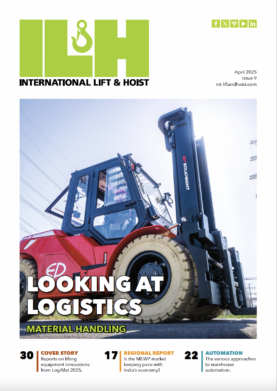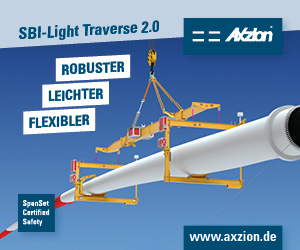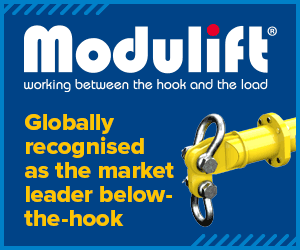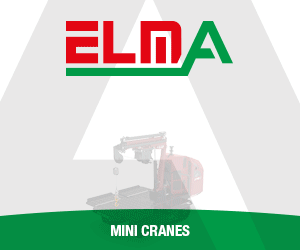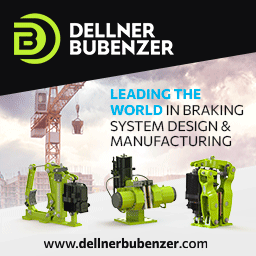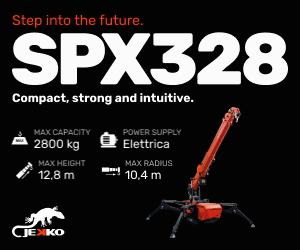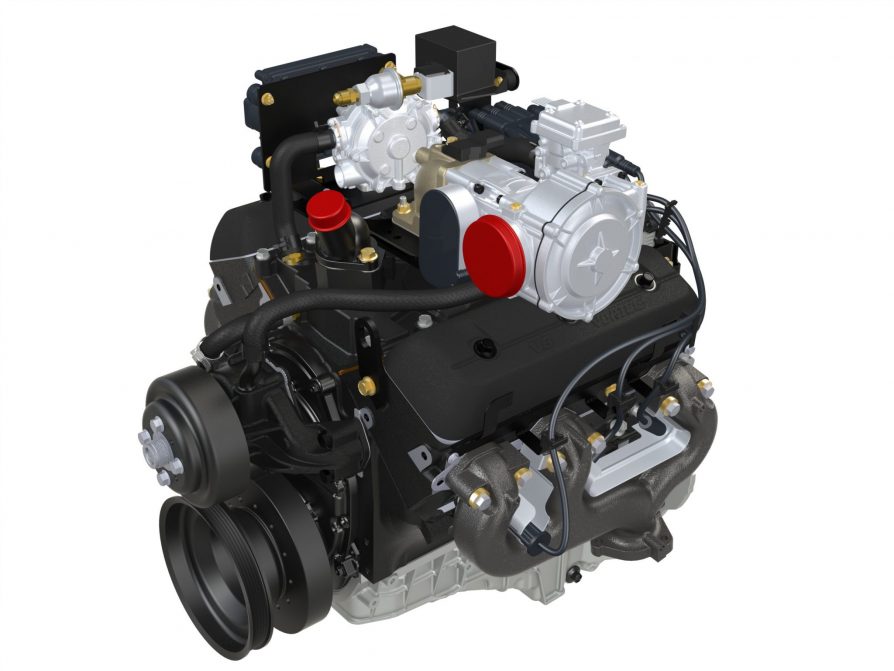)
PSI Launches Program to Supply LP Engines for Hyundai Forklifts
Engine supplier Power Solutions International, Inc. has announced successful results for its Tier 4 diesel engine replacement program with Hyundai Heavy Industries Co., Ltd. PSI supplies Hyundai with 4.3-liter liquid propane engines for its 7A series 60/70L LPG forklift trucks, supporting production at Hyundai's manufacturing facility in Ulsan, South Korea.
"PSI is delighted to work with Hyundai to power their 7A LPG forklifts," said Gary Winemaster, CEO of PSI. "The project is helping us build a stronger supply partnership with Hyundai, and also serves as an excellent demonstration of how well our propane industrial engines outperform other options in terms of power and torque."
The PSI 4.3-liter LP engine delivers 118 horsepower and 240 ft-lbs of torque at 2,600 rpm when running on liquid propane fuel. The high-output engine offers end-users greater acceleration, better gradability, and fast travel speeds on tough terrains and slopes. PSI's fuel and emission control system meets all EPA and CARB emission regulations for large spark-ignited (LSI) engines.
"Customers expect our Series 7A forklifts to provide strong acceleration and powerful torque in combination with excellent fuel economy and durability," said Tim Webb, manager, product development, Hyundai Construction Equipment, Americas. "PSI's 4.3-liter engine meets all of our performance demands in a cost-effective, emission-compliant package that is helping us gain market share."
"The forklift market has been one of PSI's fastest growing segments in recent years, as OEMs continue to shift to cost-competitive, emission-compliant liquid propane engines. As a result, PSI's forklift engines sales nearly tripled in the last two years," said Jeremy Lessaris, director of marketing at PSI.
Propane engines now represent between 80% and 90% of the internal combustion forklift lift market–over 670,000 engines in the US according to the Propane Education & Research Council (PERC). Forklift users have shifted to propane-fueled equipment due to lower costs, operational advantages, and reduced emissions, particularly since Tier IV diesel emission regulations went into effect. Compared to diesel engines, propane-powered forklifts generally have lower life-cycle costs for both maintenance and fuel-related expenses. Operationally, propane offers greater convenience in refueling, ease of storage, greater safety, and indoor/outdoor-use flexibility. Propane-powered forklifts also provide consistent 100%-power throughout operations, as well as faster ground speeds compared to electric vehicles.



